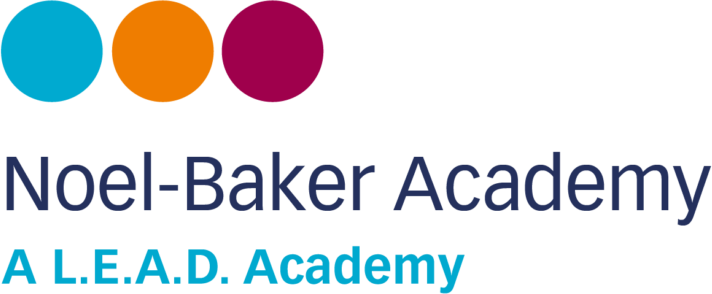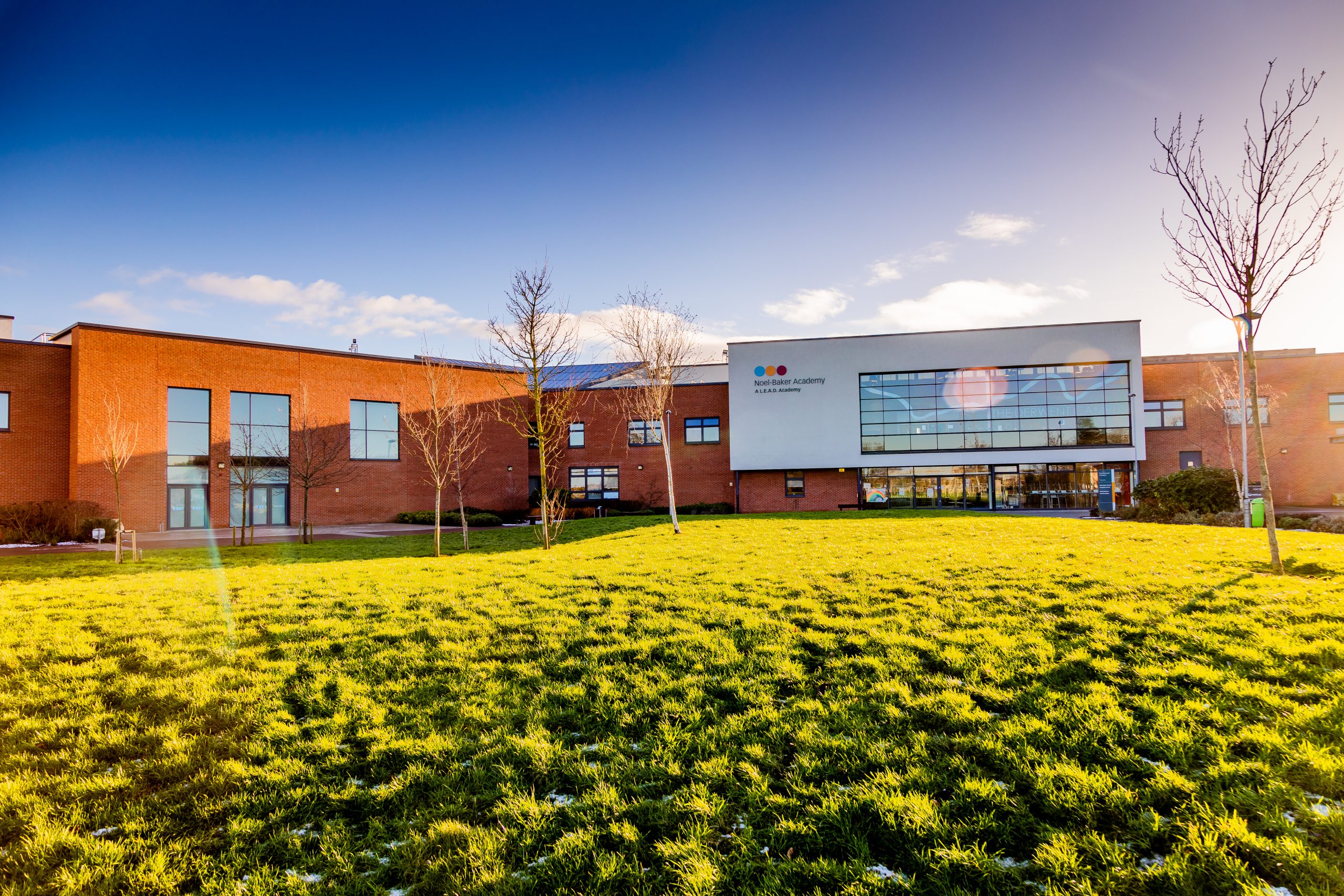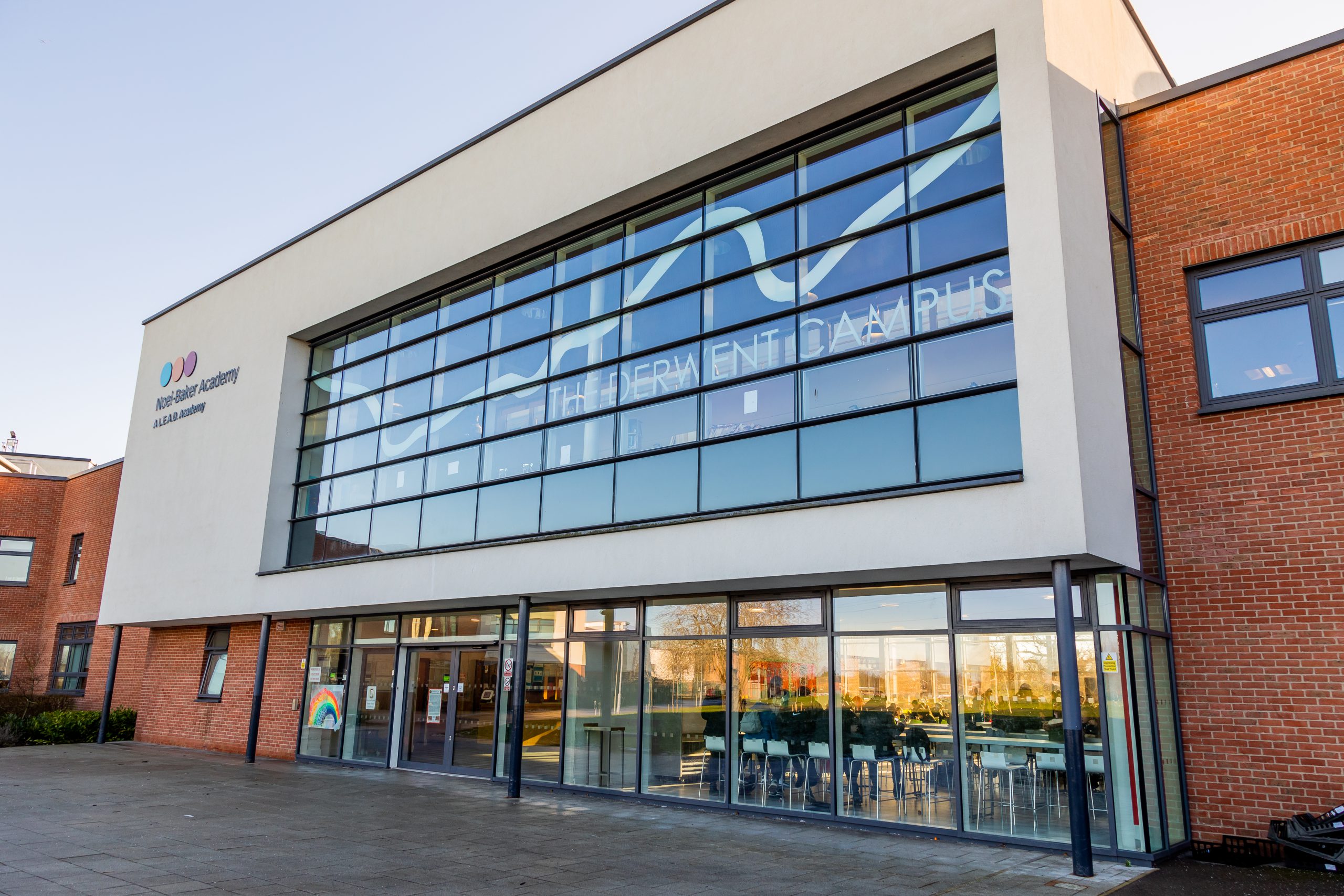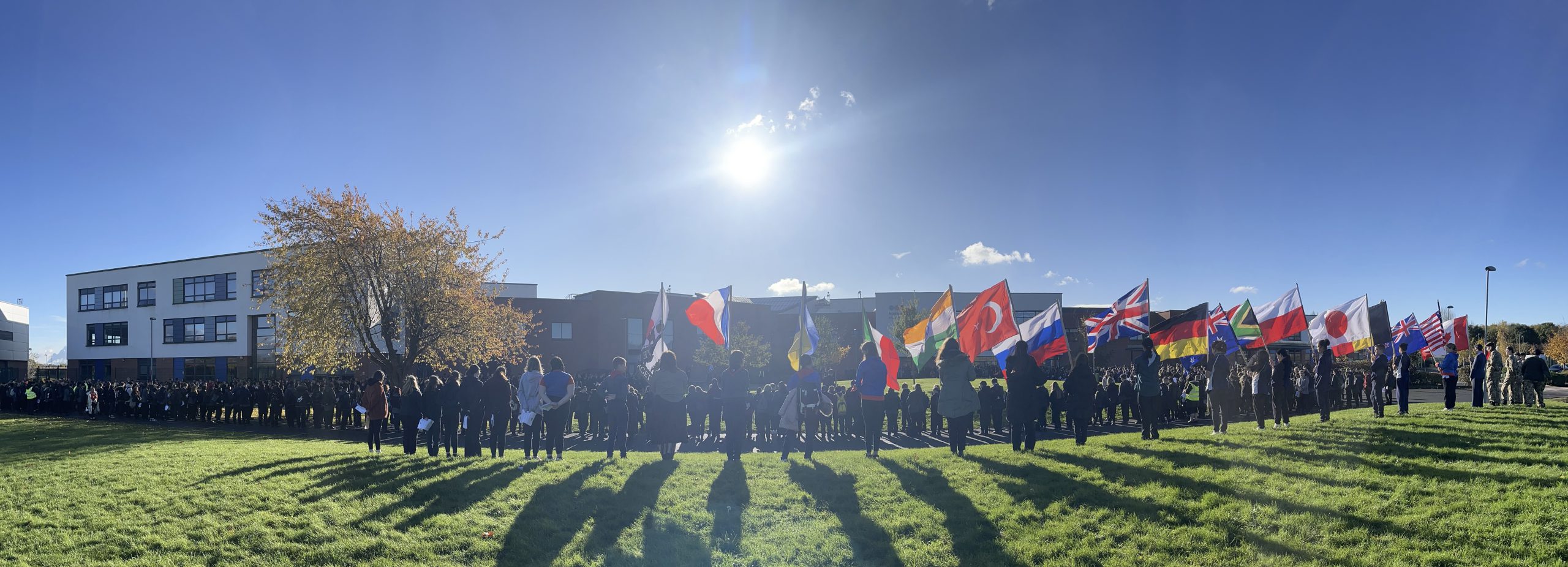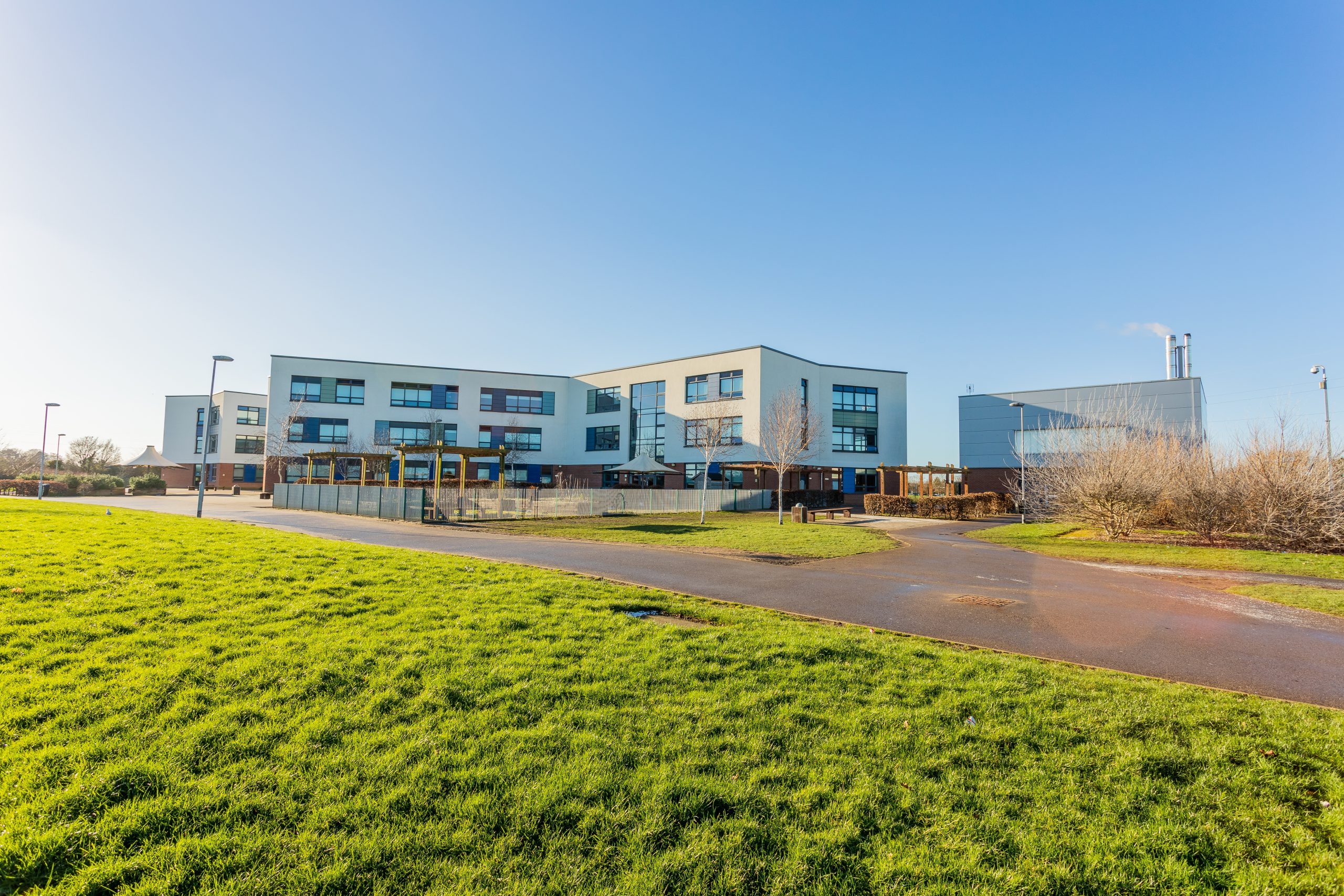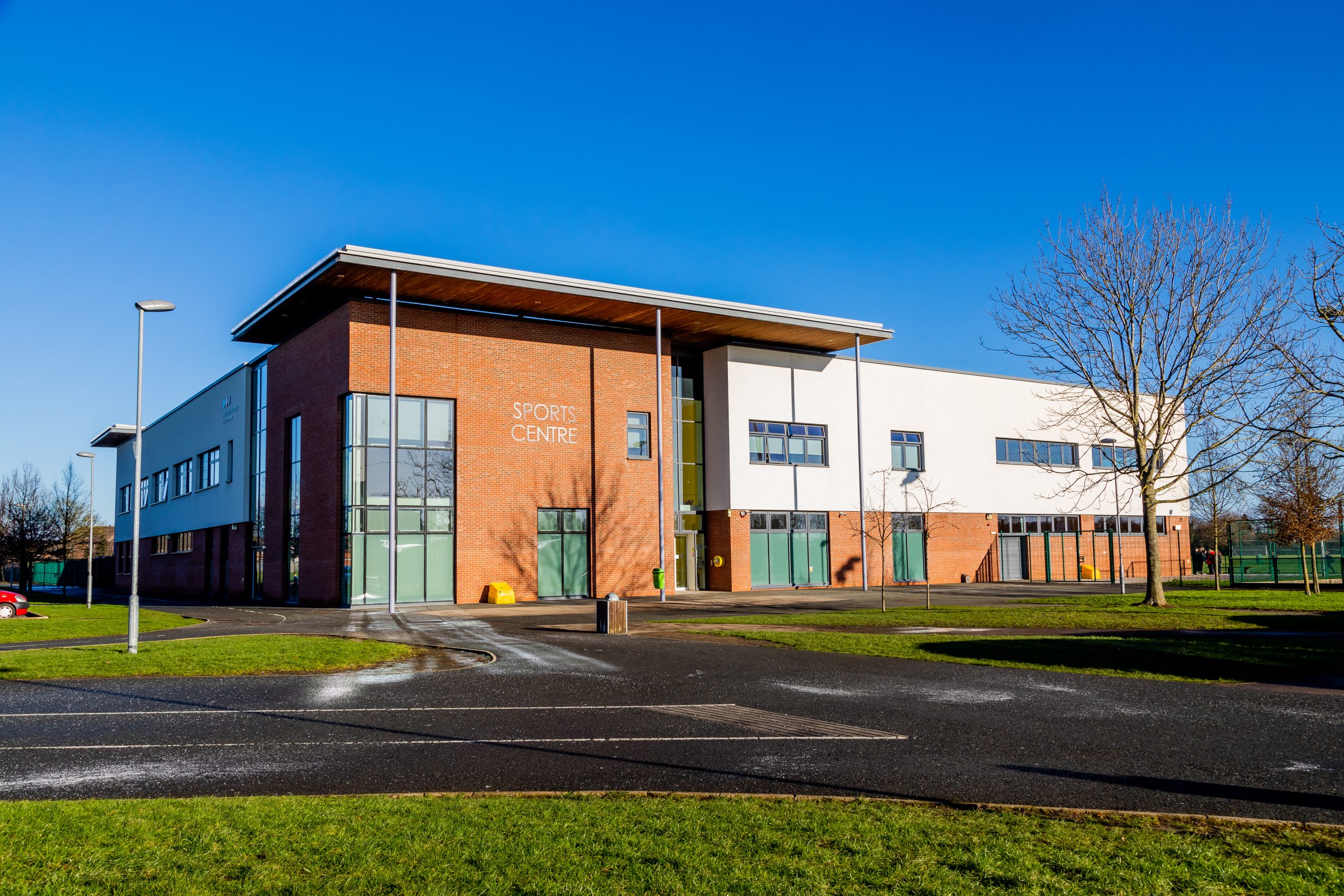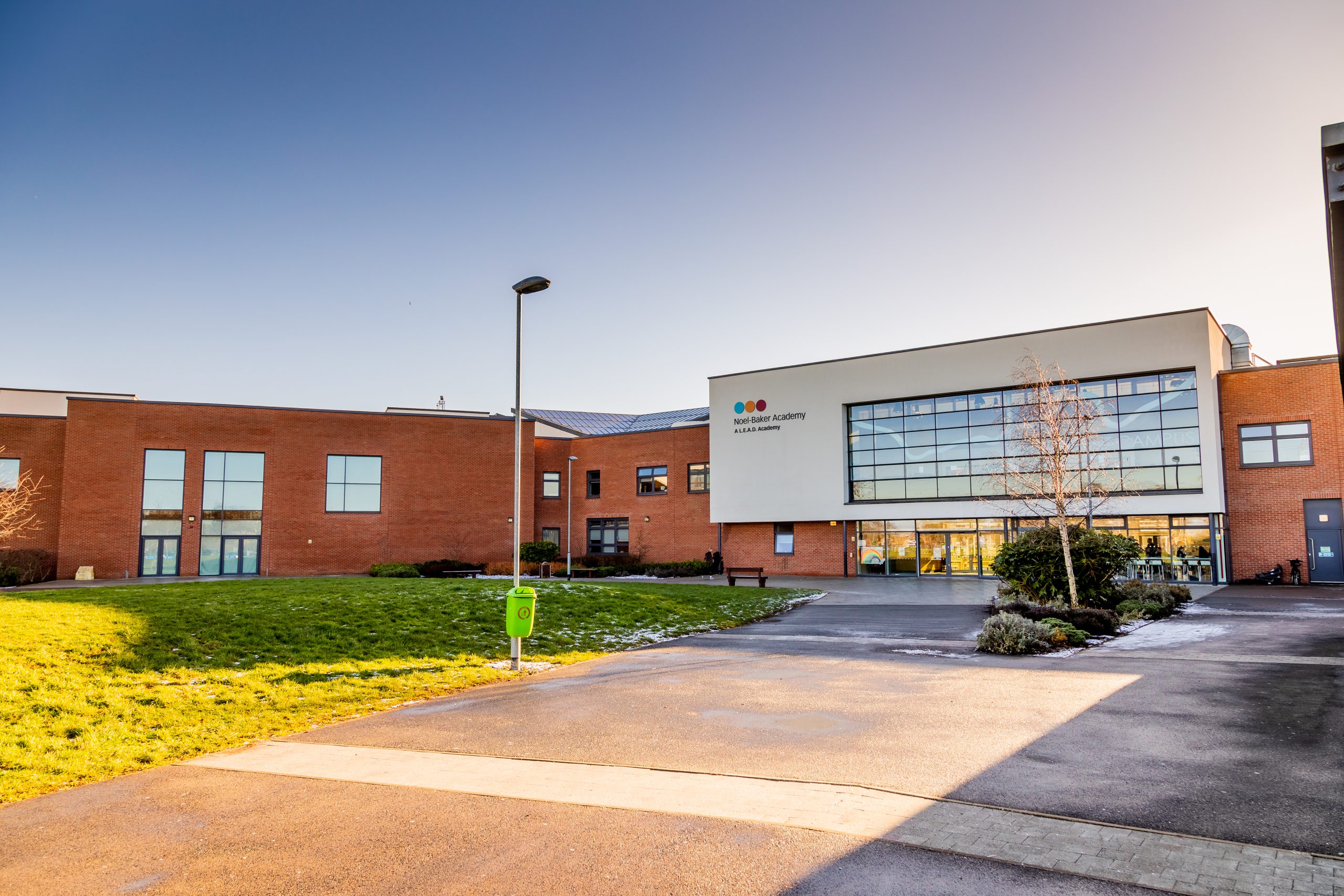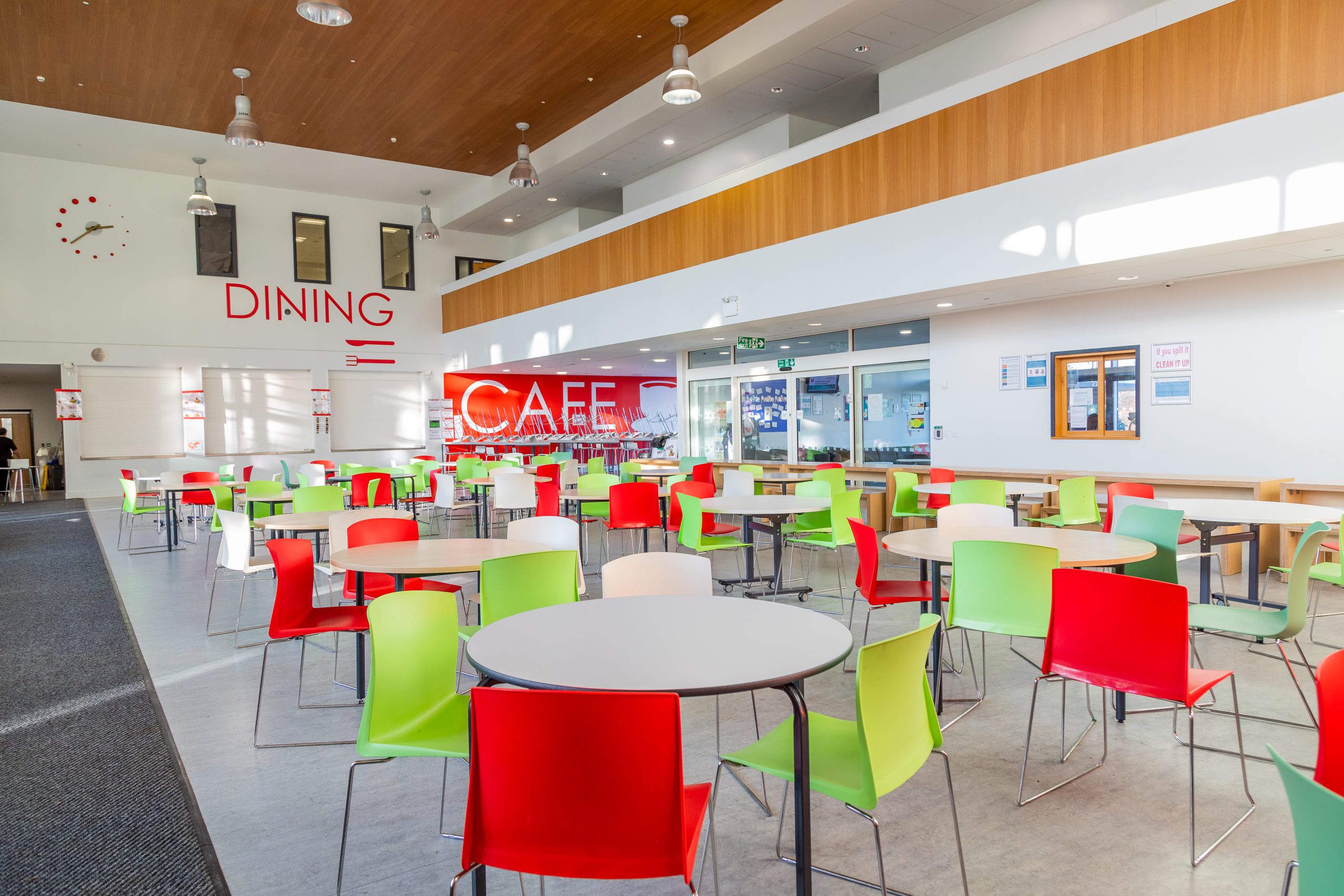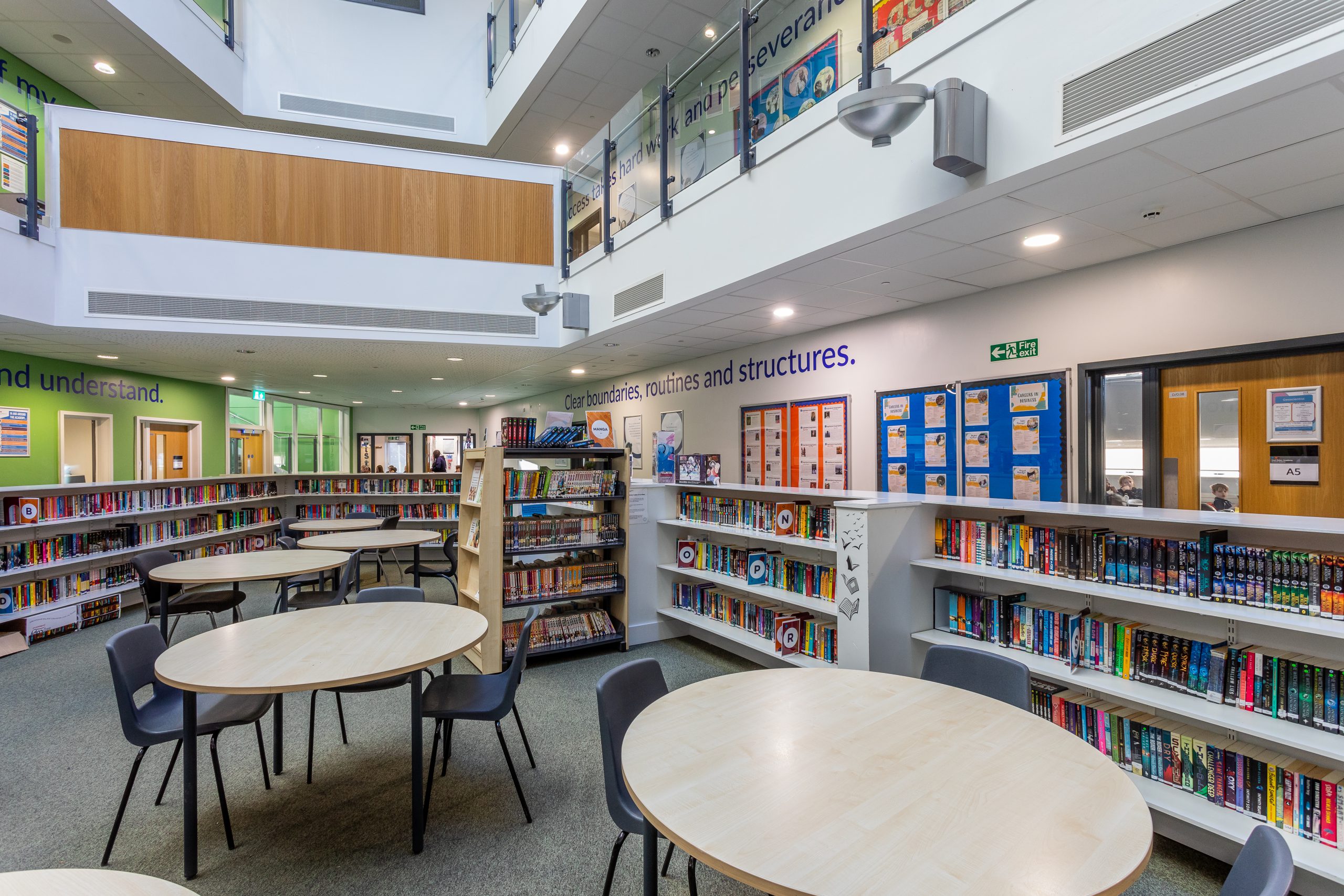Homework
Rationale;
It is our belief that homework enhances student learning, improves achievement and develops students’ study skills and as such is an integral part of the curriculum. Homework is not an optional extra, is it an essential part of a good education.
What will homework look like?
Learning can be defined as the permanent alteration to our long term memory, is order to remember the core and important knowledge, students need to revise, practice, repeat and rehearse the main principles for each subject. For this reason, students will receive weekly ‘knowledge checks’ which are essentially a bank of questions that link to content already learned. These questions must be completed at home.
Students will be provided with a knowledge organiser for each topic. A knowledge orgainser is a collation if the core knowledge needed to understand and master the topic being studied, it can be used to help students complete their homework.
Students are also expected to read a book of their choice each week.
Frequency and duration;
Students will receive one piece of homework per subject every week.
- 15 minutes for non-core subjects in KS3
- 20 minutes for core subjects in KS3
- 30 minutes per subject in KS4
- 100 minutes of reading per week ( 5 x 20 minute sessions)
All homework will have a deadline of one week, each subject will have designated homework day in which homework is set.
Marking and feedback;
Homework will be marked as a class activity on the designated homework day. Students will mark their answers using green pen and address any misconceptions or incorrect answers
Setting and recording homework;
It is the teacher’s responsibility to ensure all homework is recorded on Go 4 Schools and marked as either complete or incomplete on a weekly basis. It is the pupil’s responsibility to complete homework, pupils will receive reward points for complete / correct homework. Pupils who fail to attempt homework will receive a detention if they fail to complete at the second time of asking.
Cognitive Science
Cognitive Science is the study of how pupils learn and remember the core knowledge. Studies suggest that spacing (revisiting work at a later date to top up knowledge) aids knowledge retention, for this reason, pupils will often receive homework linking to prior topics in addition to the content currently being taught. Homework tasks may also be recycled and repeated at various points of the year as part of student’s retrieval practise.
How can parents help?
- Ensure students have a designated quiet place to complete their homework and develop a clear routine for its completion
- Take an interest in and help test student’s knowledge.
